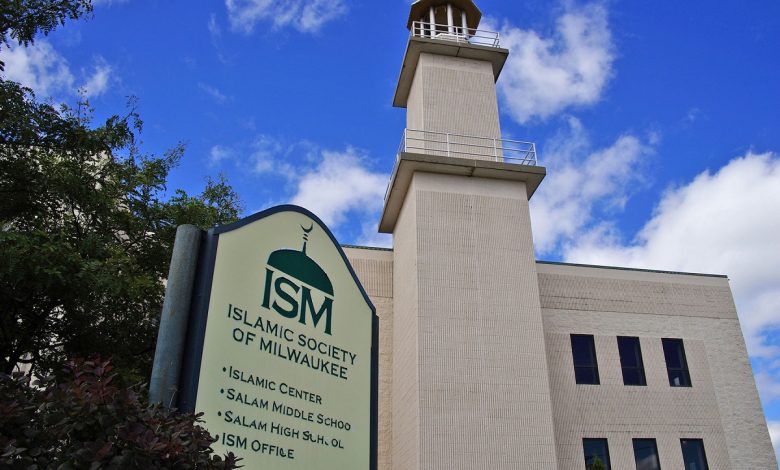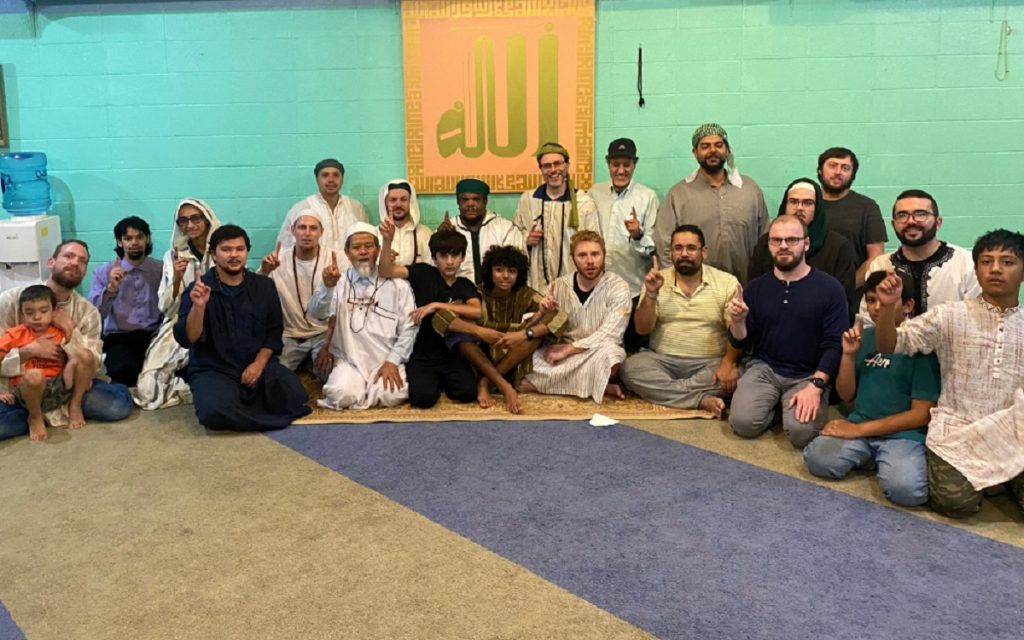Milwaukee Mosques: Strengthening Muslim and Arab-American Communities
Exploring the role of Milwaukee mosques in education, social services, and cultural preservation for Muslim and Arab-American communities.

Milwaukee, Wisconsin, is home to the state’s largest and most active Muslim population, making Islamic centers essential pillars of religious, cultural, and social life. These centers go beyond places of worship, serving as hubs for education, community services, interfaith dialogue, and cultural preservation. They are crucial in maintaining the identity and cohesion of Milwaukee’s diverse Muslim and Arab-American communities.
Key Islamic Centers in Milwaukee
Islamic Society of Milwaukee (ISM)
Founded in the mid-20th century, ISM is the largest mosque in Wisconsin, serving thousands of Muslim families across the city. It offers daily prayers, Friday congregational prayers (Jummah), weekend Quran and Islamic studies classes, youth programs, and community outreach such as halal food drives. ISM also hosts interfaith events and lectures, fostering dialogue with other religious and civic groups.

Masjid Ar-Rahman
Masjid Ar-Rahman serves a diverse congregation, including African American Muslims and Arab-Americans. Its programs include religious education for children, adult learning classes, social services, and volunteer initiatives that connect the mosque with broader community needs.
Masjid Al-Quran
Focused on family engagement, Masjid Al-Quran provides after-school programs, weekend Quran classes, and community iftars during Ramadan. The center emphasizes youth participation and cultural education to strengthen the next generation’s connection to their faith.
Madina Masjid & Community Center
This mosque emphasizes cultural integration and civic participation, organizing interfaith dialogues, leadership development programs, health and wellness initiatives, and workshops on civic engagement and community service.
Roles and Contributions
Milwaukee Islamic centers play a multi-dimensional role in community life:
-
Education: Weekend schools and adult learning programs ensure religious literacy and personal development.
-
Social Services: Mosques provide food drives, refugee support, financial assistance, and other forms of aid to underserved populations.
-
Cultural Preservation: Celebrations of Eid, Ramadan, and Arab heritage events reinforce identity and strengthen community bonds.
-
Interfaith Engagement: Collaborations with churches, synagogues, and civic organizations promote mutual understanding, tolerance, and social cohesion.

Challenges and Opportunities
Despite their achievements, Milwaukee Islamic centers face several challenges:
-
Growth Management: As the Muslim population increases, mosques need to expand infrastructure and resources to serve congregants effectively.
-
Youth Engagement: Younger generations are increasingly influenced by digital culture, which requires mosques to adapt programs to maintain participation.
-
Cultural Integration: Balancing religious traditions with engagement in broader society remains an ongoing effort, especially amid social and political pressures.
Looking Ahead
Milwaukee’s Islamic centers exemplify resilience, adaptability, and community leadership. By continuing to invest in youth programs, educational initiatives, and interfaith partnerships, these centers strengthen the city’s social fabric and contribute positively to Milwaukee’s cultural and civic life. They remain not only spiritual hubs but also vital engines of social cohesion, education, and empowerment for Wisconsin’s Muslim and Arab-American communities.



